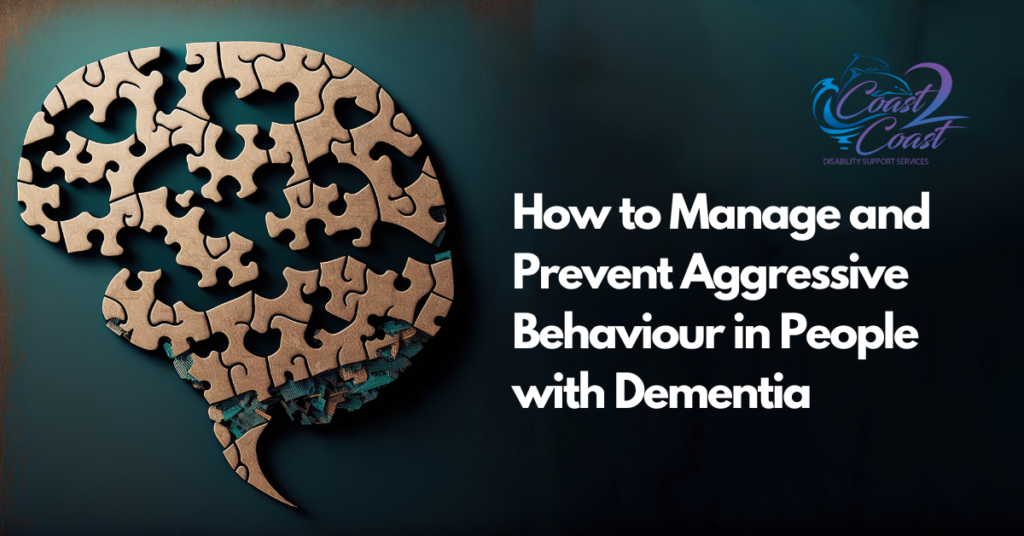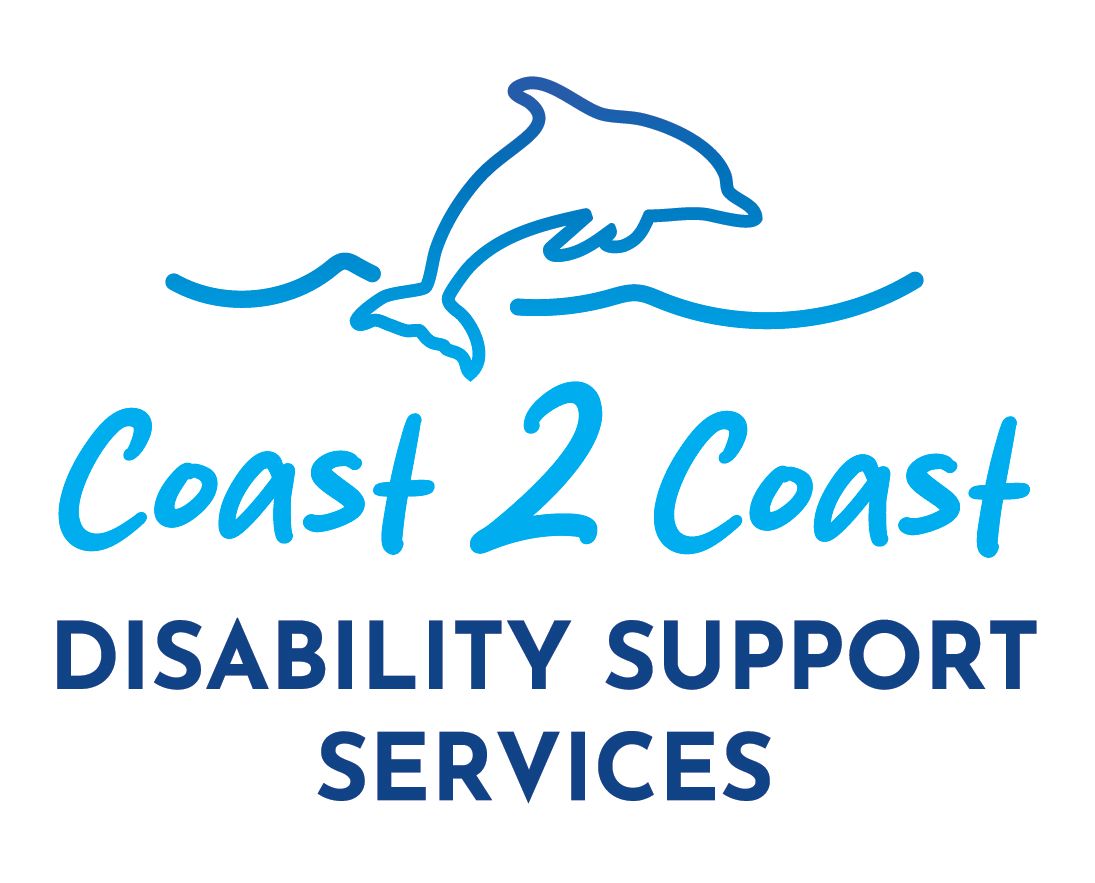Get 15% off on your next order, use the code GET15OFF at checkout

How to Reduce Tics in Tourette Syndrome
Tourette syndrome is a neurodevelopmental disorder characterized by repetitive, involuntary movements and vocalizations known as tics. These tics can range from mild to severe and can significantly impact daily functioning, social interactions, and quality of life.
Reducing tics in Tourette syndrome involves a multifaceted approach that may include a combination of therapies, lifestyle adjustments, and support systems. Here are some strategies that individuals with Tourette syndrome might find helpful in managing their tics:
Behavioural Therapies: Behavioural therapies like habit reversal training (HRT) and exposure and response prevention (ERP) can help individuals become more aware of their tics and learn techniques to manage or redirect them. These therapies are often conducted by psychologists or therapists with experience in treating Tourette syndrome.
Education and Support: Learning about Tourette syndrome and connecting with support groups or communities can be empowering. It helps individuals and their families understand the condition better and provides a platform for sharing experiences and coping strategies.
Stress Management: Stress and anxiety can often exacerbate tics. Learning and practicing stress management techniques such as mindfulness, deep breathing exercises, yoga, or meditation can help reduce overall stress levels and potentially decrease tic severity.
Healthy Lifestyle: Encouraging a healthy lifestyle, including regular exercise, adequate sleep, and a balanced diet, can contribute to overall well-being and may help reduce tic frequency and severity in some individuals.
Identify Triggers: Identifying and avoiding triggers that worsen tics can be helpful. While triggers vary from person to person, common triggers may include stress, fatigue, caffeine, or certain medications.
Acceptance and Understanding: Accepting oneself and the condition can be crucial in managing Tourette syndrome. Developing a positive self-image and understanding that tics do not define one’s worth or identity can significantly improve mental well-being.
Overall, it is important for individuals with Tourette syndrome to receive support and understanding from family, friends, educators, and healthcare professionals. With proper management and support, many individuals with Tourette syndrome are able to lead fulfilling lives and successfully navigate the challenges associated with the condition.









Site Links
What We Do
Contacts
T. 1300 985 279
ABN: 85 995 256 047
Trading Hours
- Monday
- -
- Tuesday
- -
- Wednesday
- -
- Thursday
- -
- Friday
- -
- Saturday
- Closed
- Sunday
- Closed










